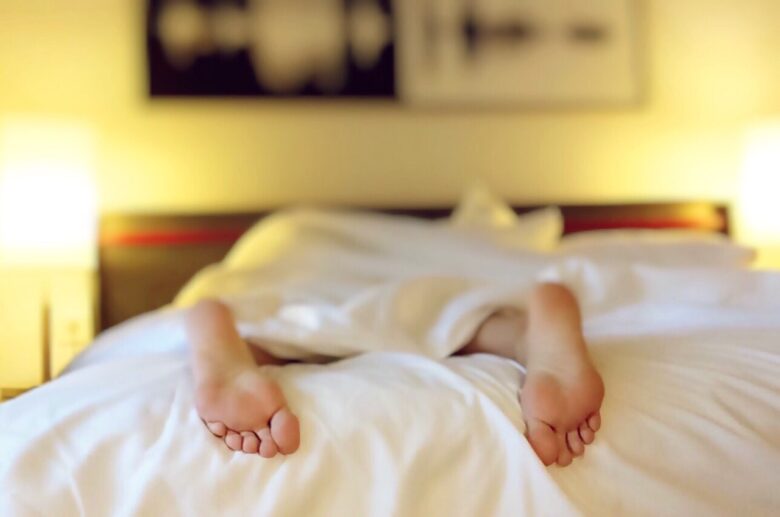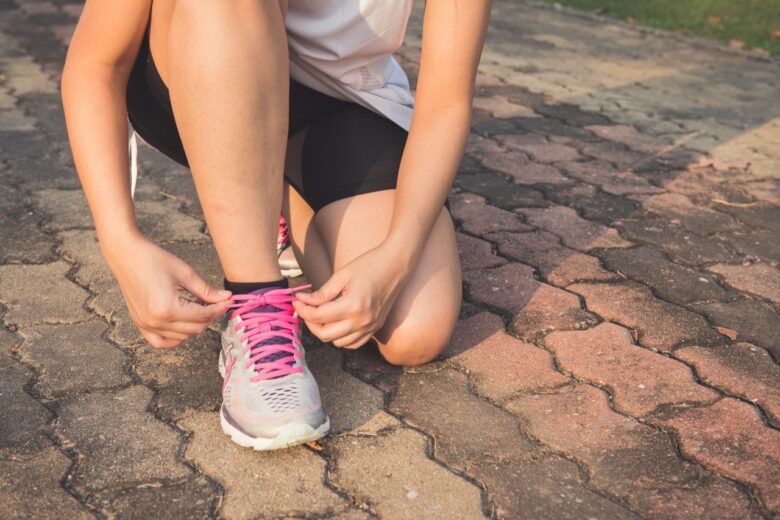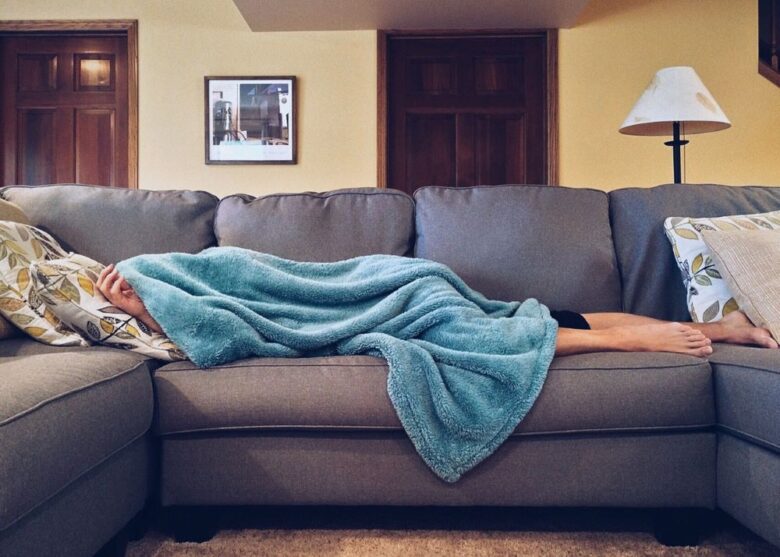Dealing with insomnia and other sleep disorders can be challenging, as they can hurt your ability to fall and stay asleep. Without a quality sleep at night, getting through work and school is very challenging. You will likely be irritable, struggle to be productive and could find it difficult to remember some things.
Even if you don’t have a sleep disorder, there are plenty of things that can hurt your ability to sleep well. This can be your lifestyle, where you live, your work and several others. Thankfully, even if you have struggled with sleep for most of your life, that isn’t automatically doomed to continue. This blog post is going to go over ten proven habits and tips to help you sleep better every night.
1. Sleep on the Right Mattress

The first tip is to ensure you are sleeping on the right mattress. It should not only be comfortable and the right size, but also provide enough firmness and support. Whether you prefer a memory foam mattress or an innerspring, there are many different options to choose from.
Also, the temperature of the mattress is important to think about. A mattress that gets too hot can make sleep difficult. In that regard, be sure to check out us-mattress and see some of the best options.
2. Have a Good Evening Routine
A quality evening routine to relax you and help you unwind from the day is also crucial to getting a better sleep. If you try to go to bed right after a hectic day, or after watching an action movie, your body simply won’t be adequately prepared for bed. Try things like yoga, meditation, reading, having a bath and listening to your favorite music to calm yourself down and prepare for bed. The more relaxed you are, the easier it’ll be to fall asleep.
3. Avoid Caffeine Too Late in the Day

Coffee is something that millions of people rely on to get them through the day. It can provide some much-needed energy and focus to ace that test or complete that project at work. However, you generally want to avoid drinking it too late in the day as it can negatively impact sleep. Because it is a stimulant, it has the potential to keep you up for hours if consumed in the evening, so be careful. In addition to coffee, watch out for other things that contain caffeine, too.
4. Keep a Consistent Sleep Schedule
A consistent sleep schedule is also important for sleeping better at night. Your body has a natural sleep and wake cycle, and if you are constantly sleeping and waking at different times, it can be very hard for your body to adapt. Even on holidays and weekends, you should try your best to wake up and go to bed at the same time. It doesn’t need to be exact, but within an hour or so is a good idea.
5. Exercise During the Day

Exercise is a great way to improve your sleep. It can help you fall asleep quicker, use up your energy and can even reduce some symptoms associated with insomnia. Of course, be sure to exercise in the morning or afternoon. If you exercise too late in the day or evening, it can actually have an adverse impact on your sleep quality.
6. Put the Screens Away Before Bed
Many of us essentially live on our phones. Between them, TV and computers, many of us spend hours in front of screens every day. Unfortunately, too much screen time during the evening can take away from your ability to fall asleep. The bright lights of the screen will make it tough for your body to naturally transition to sleep. For best results, avoid using screens altogether right before bed. If you can’t do that, at least turn the brightness down and either use a filter or glasses that reduce the blue light.
7. Stop Napping for Long Periods During the Day

While many people will take long naps during the day thinking it is helping them, in many cases, it is actually hurting them. These long naps can confuse your internal clock, and hurt your ability to sleep well at night. The odd short power nap is fine, but if you nap for too long, you should rethink it if your goal is to get a better sleep at night.
8. Consider Taking a Supplement
If nothing you try is working when it comes to helping you sleep, you could consider taking a supplement. There are many options out there that can aid in getting you to sleep easier. These include melatonin, magnesium and valerian, just to name a few. They are spectacular at inducing relaxation and preparing your body and mind for sleep. Of course, consult your doctor before taking anything you’re not sure about.
9. Turn Down the Heat Before Bed

Another great way to sleep better at night is by turning down the heat. Many people struggle to sleep if it’s too hot, and much prefer to sleep in a cool or air conditioned environment. A few hours before bed, turn down the heat or open a window to prepare your bedroom environment. In addition to turning down the furnace, you should also ensure your blankets, sheets and mattress aren’t going to overheat you.
10. Watch the Food You Eat Before Bed
Having a bedtime snack is a common thing to do before bed, but you need to be careful about what you eat. You want to avoid overly heavy foods, foods with too much protein and food that is overly spicy. All can hurt your ability to sleep well and comfortably. As for the snacks you should have, it should be something relatively light and healthy.
Getting a good sleep isn’t always easy, but these ten habits can certainly improve the quality of your sleep. And when you sleep better, you are generally a happier and healthier person, so don’t take good sleep for granted.

